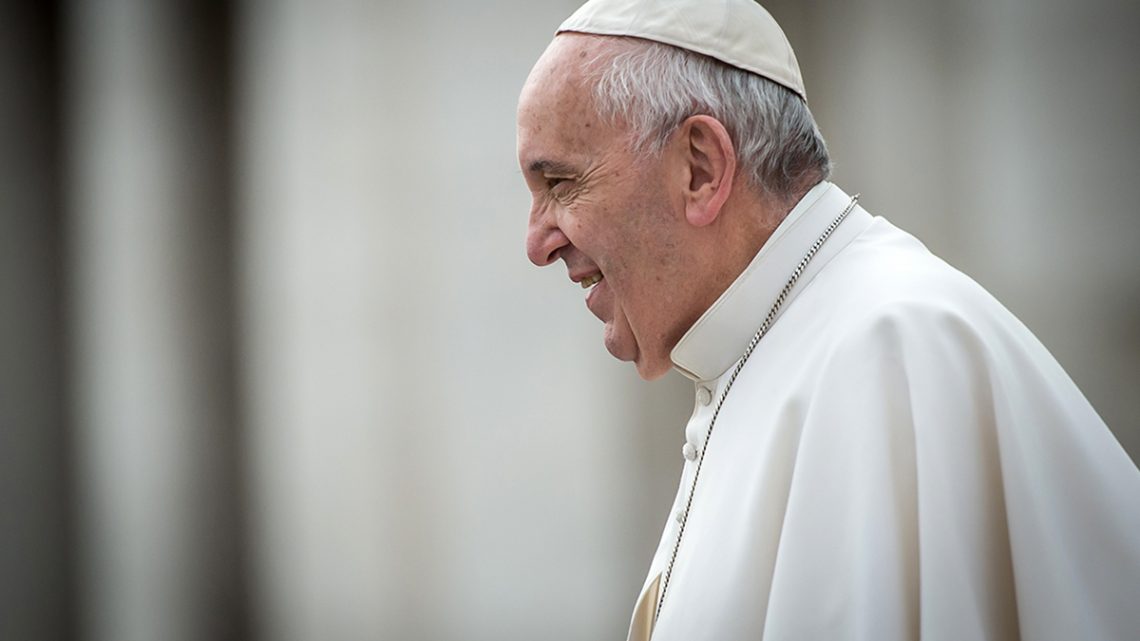
By Andrea Tornielli of Vatican News
While waiting for the detail of the Pope’s forthcoming encyclical letter Fratelli tutti, there has been some discussion about the title and how to translate it inclusively. An encyclical is a universal text and Pope Francis truly wants to speak to the heart of each and every person.
The Holy See Press Office has announced that the text will be published on 4 October 2020.
Fratelli tutti is the title Pope Francis has chosen for his new encyclical – dedicated, as we read in the subtitle, to “fraternity” and “social friendship”. The original Italian title will be used, without being translated, in all the languages in which the document is published. The first words of the new “circular letter” (this is the meaning of the word “encyclical”) come from the great Saint of Assisi, whose name Pope Francis chose.
We are waiting for the contents of the encyclical, which the Successor of Peter addresses to the whole of humanity and which he will sign on 3 October at the Saint’s tomb.
There have been some good discussions about the title and its meaning. Since it is a direct quotation from St Francis (taken from the Admonitions, 6, 1: FF 155), the Pope has obviously not changed it. But the formulation of the title in no way intends to exclude women. On the contrary, Francis chose the words of the Saint of Assisi to initiate a reflection on something he cares about very deeply: namely, fraternity and social friendship. He therefore addresses all his sisters and brothers, all men and women who populate the earth: everyone, inclusively, and in no way exclusively.
We live in a time marked by war, poverty, migration, climate change, economic crises, pandemic. Recognizing a brother or sister in everyone we meet and, for Christians, recognizing the face of Jesus in the other who suffers – these responses reaffirm the irreducible dignity of every human person created in the image of God. They also remind us that no one can ever emerge from the present hardships alone, one against the other, the global North against the global South, the rich against the poor or any other excluding differentiation.
On 27 March, at the height of the pandemic, the Bishop of Rome prayed for the salvation of all in an empty Saint Peter’s Square, in the pouring rain, accompanied only by the sorrowful gaze of the Crucifix of St. Marcellus and the loving gaze of Mary, Salus Populi Romani, protector, health or salvation of the Roman People.
“In this storm,” Pope Francis said, “the façade of those stereotypes with which we camouflaged our egos, always worrying about our image, has fallen away, uncovering once more that (blessed) common belonging, of which we cannot be deprived: our belonging as brothers and sisters.” The central theme of the upcoming papal letter is “blessed is our common belonging”, which indeed makes us brothers and sisters.
Fraternity and social friendship, the themes indicated in the subtitle, point to what unites men and women: a necessary affection established between people even if not close blood relatives. The relationship must be expressed through kind deeds, forms of assistance, works of justice and generous action in times of need – a disinterested affection towards other human beings, regardless of any difference or affiliation. For this reason, all readers should be able to understand the title Fratelli tutti with the absolutely inclusive connotation that is intended.